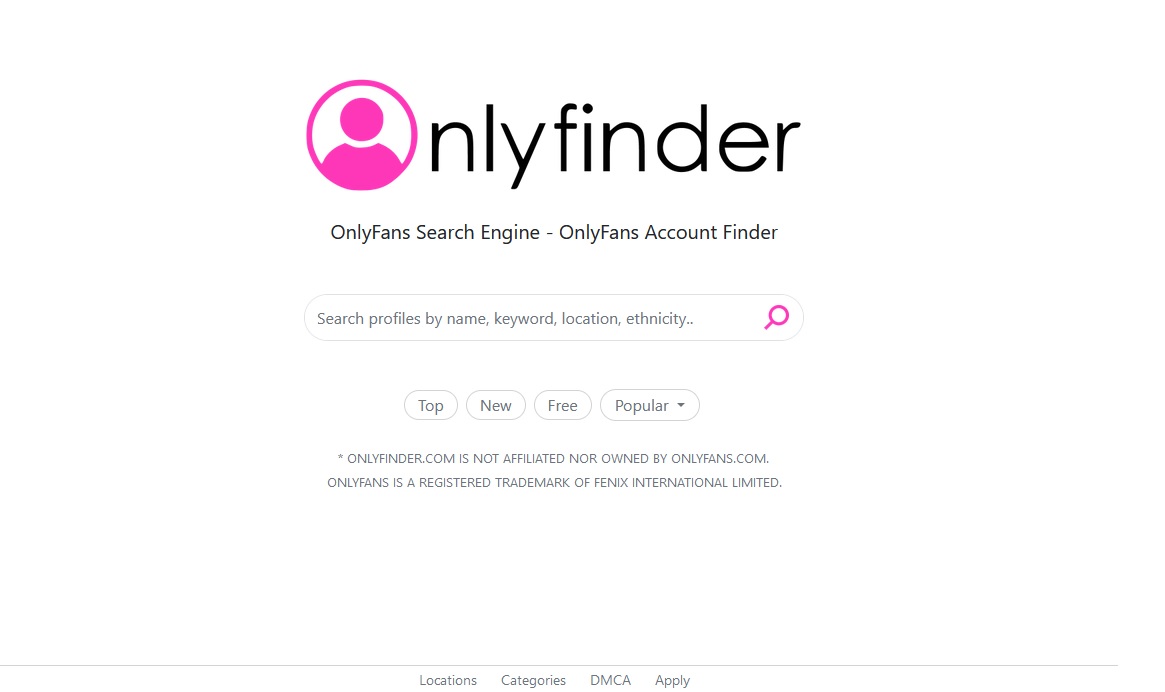Digitalization has become a global trend. Companies all over the world are trying to find the most innovative and effective tech solutions that will help them to optimize the use of resources, reduce costs, and streamline their business processes. And one of the most promising technologies that are being widely applied already today and seem to have a bright future is the Internet of Things.
By providing the possibility to unite various physical objects into one network with the help of smart sensors, IoT allows companies to fully change the way they work with data. By having access to real-time data collected by multiple devices at all the stages of working processes, companies can timely react to any changing conditions and make better business decisions.
It is interesting to observe how IoT tools are implemented by companies working in different industries. Today this range is amazingly wide: from manufacturing and logistics to healthcare and advertising. And step-by-step such solutions are converting from innovations into industry standards. For example, the Deloitte survey revealed that the majority of respondents believe that smart factory projects are one of the key drivers of competitiveness in the manufacturing industry.
All industries have their specific processes and activities that can be greatly transformed with the help of advanced IoT solutions. If you are considering the possibility of building an IoT system for your company, please bear in mind that many developers focus only on some particular industries. But at the same time, for example, Cogniteq IoT experts work with all business domains and can track the tendencies that are happening in different markets.
Let’s have a look at some examples of IoT solutions applied today.
Logistics and supply chain
This sphere is one of those that greatly relies on real-time data for making the right decisions and ensuring a high level of customer service by providing the required visibility and transparency.
IoT-based solutions help to bring modern tracking systems to a new level. Now operators can have detailed information related to the current location of each item and the conditions of shipment. The info on conditions is of vital importance when you need to deal with temperature-sensitive products like medicine and vaccines or high-value products. Thanks to IoT sensors, it is possible to continuously track such parameters as air temperature and humidity.
Moreover, smart IoT-powered systems help logistics operators to reduce operation costs by developing better routes given the ongoing road and weather conditions
Manufacturing
One of the most important changes that IoT can bring to the manufacturing industry is automation. Thanks to automating a lot of key processes, factories can not only reduce their labor costs but also minimize downtimes during the day.
Robots and other IoT-powered devices help to avoid mistakes caused by human factors. Moreover, they can work 24/7 without days off. As a result, productivity can increase significantly.
Another major example of using IoT in manufacturing is predictive maintenance. By gathering real-time data, analyzing trends, and detecting even the slightest changes, IoT apps help operators to understand when maintenance is required. Thanks to proactive measures, it is possible to avoid serious failures and financial losses.
Healthcare
IoT solutions developed for the healthcare industry can help to save a lot of lives. Among the examples of medical IoT-powered systems, we should mention systems for remote health monitoring that are extremely important for patients with some chronic diseases. Thanks to special wearables, a lot of vital parameters, including heart rate, blood pressure, temperature, and level of sugar, can be measured continuously. And when the system detects any critical changes in them, it can send notifications to doctors or any other authorized users who can help patients in case of emergency.
Another promising direction that is being actively developed these days is the use of medical robots for surgeries that require the highest level of precision. Such robots can be operated remotely by a doctor and can perform manipulations with the highest accuracy that can’t be achieved (or is very difficult to achieve) in those cases when surgery is conducted by a human.
Agriculture
Though a lot of farmers still rely exclusively on traditional approaches and tools, IoT can significantly increase their productivity and help to boost their profits.
With smart IoT solutions, farmers can not only get the most relevant data related to weather conditions, soil state, and health of their plants but also fully automate such processes as spraying and hydration.
Final word
Of course, our list of IoT business use cases is far from being full. It contains just a couple of the brightest examples of how the Internet of Things can be applied in different spheres. In reality, this list can contain much more points. The main idea here is that IoT can fully change the way companies work thanks to automation and efficient tools to get access to real-time data.








Add Comment